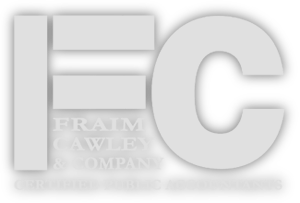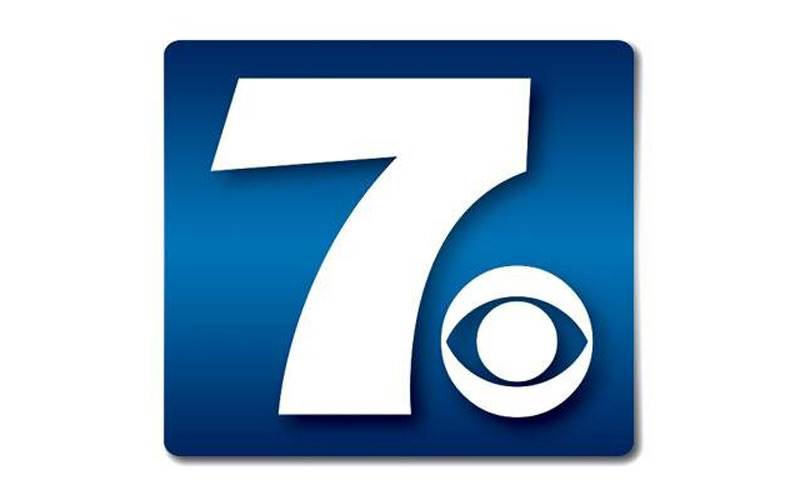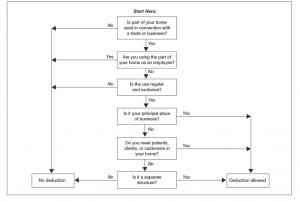“Smiling faces, smiling faces sometimes
They don’t tell the truth
Smiling faces, smiling faces
Tell lies and I got proof…
I’m telling you beware, beware of the handshake
That hides the snake…
Don’t let the handshake and the smile fool you
Take my advice I’m only try’ to school you”
– The Temptations “Smiling Faces Sometimes”
In the wake of the WDBJ tragedy a lot of people are looking to give and help out those affected – in any way possible. It is always encouraging to see how people band together after a disaster. But, as is often the case with good things, there is an unfortunate side effect. Attempting to prey on people’s emotions and good intentions, scammers always pop up after disaster strikes with fake “fundraisers” for the victims.
Solina Lewis of Fox 21/27 contacted me earlier this week and briefly interviewed me about some of these dangers and how they can be avoided. Given that this (like the Virginia Tech shooting several years ago) affects our region so specifically, I thought it might be a good idea to expound on this subject more fully and give some practical tips on how to avoid being scammed.
We’ll split this up into two sections: 1) if you’re giving money for the benefit of a specific individual and 2) if you’re donating to what claims to be a tax-exempt (IRS approved) charity.
Giving to Individuals
There are no doubt fundraisers happening right now for the benefit of Adam and Alison and their families. The Fox article mentioned a local gas station currently collecting cash donations. There likely are or will be crowdfunding (digital fundraising) campaigns started for them. And in most cases, these are probably honest people just trying to help out.
But any of these campaigns that are for the benefit of a specific person are not donations to charities. Per the IRS charities have to be “beneficial to the public interest”. They also note that “you cannot deduct contributions made to specific individuals.”
(Note: this simply means that donations to specific individuals/families are not tax deductible. And obviously, in a case like this that’s not the biggest worry that people have. They are giving out of pure concern and generosity. But I am in the tax business and the question of tax deductions does come up – so we need to know).
The bigger concern here is that anyone who is fundraising specifically for Adam, Alison, or their families likely went through no verification process to do so. There is no way to truly corroborate if the person/organization is legitimate or if the donations are being used as intended. Even crowdfunding site GoFundMe cautions that “unfortunately there is no way to 100% guarantee that a user’s GoFundMe donation page contains accurate or truthful information.” And it’s a proven fact that scammers will try to take advantage of a catastrophe by tricking people into making “donations”.
And even in cases where the caller/solicitor is “semi-legitimate” it can be disheartening to learn that only a little bit of your donation actually makes it to the intended beneficiary. A while back I got a telephone call trying to sell me tickets to a concert “to benefit [a certain organization].” After digging a while I was finally able to find out that only about $2 of the $20 ticket price would make it to the organization. That’s why I say “semi-legitimate” – since the pitch man leads to you to believe something a good bit different than the full truth. No thanks. Unless I really want to see that concert anyway, I’ll make my contribution directly to the worthy cause itself.
So what can you do – either in this most recent situation or where other tragedies (hurricanes, earthquakes, acts of violence, etc.) result in your being contacted for donations?
While institutional safeguards might not exist for informal fundraisers or crowdfunding sites, there are certain things you can do to protect yourself:
- Only contribute to people that you know (or who are clearly linked to the victims and you can verify that they actually control any online profile that bears their name). If it is someone from another state, with no clear ties to the area or anyone involved – then you should probably stay away.
- Be aware of organizations that sound really similar to well-known organizations but aren’t quite the same. Getting a call from something like “America’s Cancer Societies Group” should send you running immediately.
- Ask who the caller is/their relation to the charity. They should be able to tell you their title, affiliation to the cause, what the donations will be used for, and what percentage of the proceeds will go the beneficiaries. The less able they are to provide basic information, the more likely they are cheats.
- Do not donate on the spot. Take your time, do some basic research on the caller/fundraising organizer. Real organizations won’t press you for an immediate decision or use scare tactics to try and force you into a snap judgment.
By doing all of that, you can filter out the majority of the scammers out there. But there is still some inherent danger given the lack of verification.
Donating to a Non-Profit Organization/Charity
Now let’s talk about donating to a bona-fide charity. This is the inherently more restrictive option, but it does have some very real benefits:
- All donations made are tax deductible.
- The organization has to be an incorporated entity and have been approved as a non-profit by the IRS. There is also required ongoing reporting to the IRS on the entity’s activities.
- It is very easy to verify if the organization is truly a non-profit.
If you are considering giving money to an organization or are contacted by one, the notes of caution above are still good to follow. Do not make spur of the moment decisions, look out for sound-alike companies, and ask identity information from the solicitor.
The nice thing about a non-profit is that there are some quick verification tools you can use:
- IRS Exempt Organizations Self-Check allows you to search by EIN or name to find out if they are actually a registered non-profit with the IRS.
- The Virginia Office of Charitable and Regulatory Programs Charitable Organization Registration Search is similar. It allows you to search verify if a charity is registered within the state.
- GuideStar and similar sites will often have the 990s (informational tax returns) and other information from non-profits. You can dig around on these sites to find additional information.
So while donating to a non-profit is less flexible than donating directly to an individual, it is tax deductible and is a safer route. That is not to say you should not give money to the benefit of a specific person (and in fact this can be the most personally satisfying form of generosity). It is just intrinsically less secure so you need to take extra precautions.
Whatever route you go, just be careful. There are few things that sting quite as badly as having your kindness taken advantage of.
Any accounting, business, or tax advice contained in this communication, including attachments and enclosures, is not intended as a thorough, in-depth analysis of specific issues, nor a substitute for a formal opinion, nor is it sufficient to avoid tax-related penalties.




